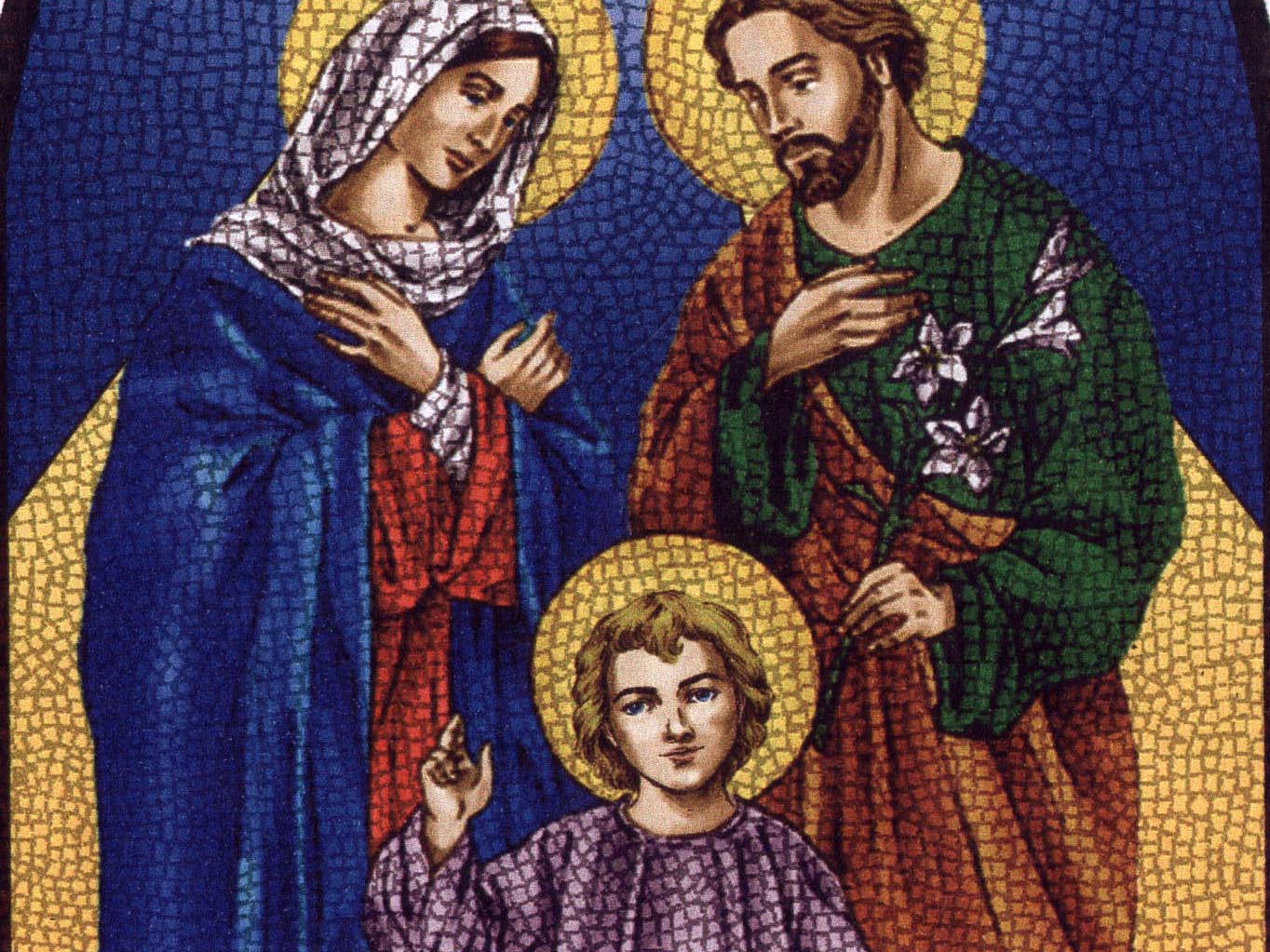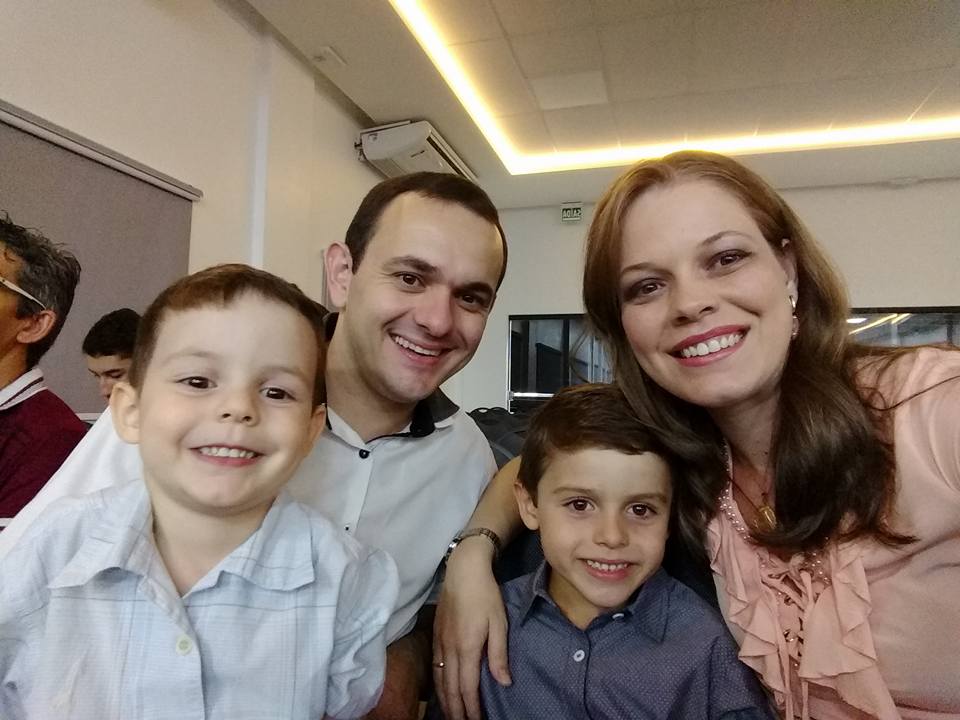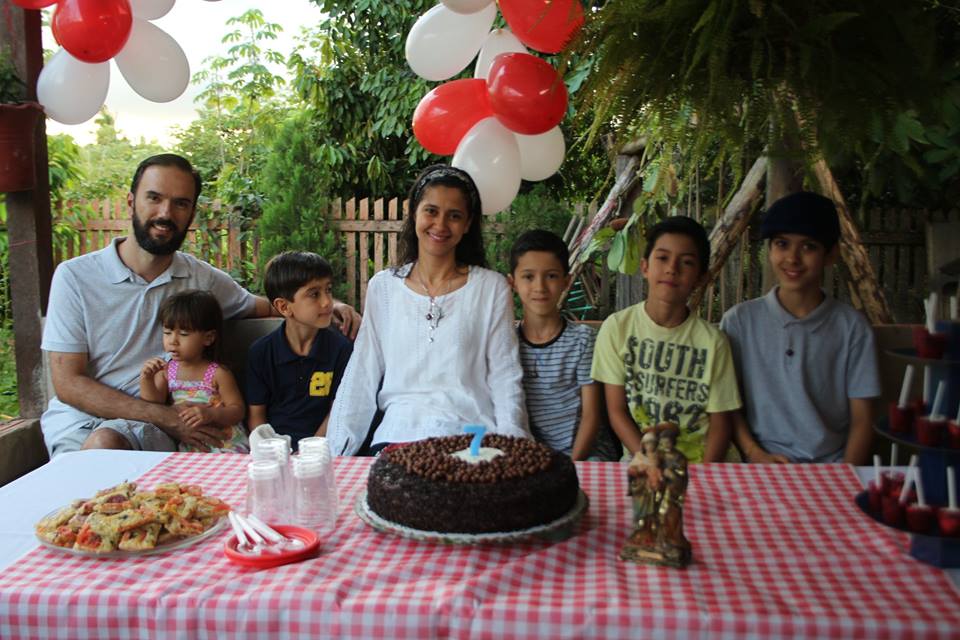Bem vindos!
Com muita alegria queremos receber você e sua família no nosso coração através deste site. Vamos voltar à fonte do Evangelho da Família e do Plano Divino e ali nos alimentar espiritualmente para nos fortalecer! Eis o convite que te fazemos!
Nossa Missão
Unir as mulheres que tem fé, de todas as idades e estado de vida, para conhecer e viver o Plano Divino. Sabemos que unidas como irmãs em Cristo o caminhar rurmo ao céu se tornará mais suave!
Quem somos?
Somo um grupo de mulheres católicas sedentas por viver e transmitir a alegria de ser filha de Deus, acolhendo o dom da feminilidade tal como o Pai quis para nossa felicidade!
O que fazemos?
Promovemos a Consultoria com foco na vida espiritual e no visual (modéstia); também pregamos Retiro para mulheres e divulgamos conteúdo para nosso crescimento espiritual, e tudo o que Nosso Senhor nos inspirar!
Como posso ajudar?
Precisamos de todo tipo de ajuda: do seu tempo, do seu talento, de benfeitores e principalmente de orações! Entre em contato pelo mail [email protected] e venha colaborar com esse Movimento que é seu!

Eis nosso modelo
Somos criados à imagem da Santíssima Trindade e na terra Seu reflexo mais perfeito é a Sagrada Família de Nazaré por isso ela é nosso modelo. Ouça a introdução do Curso Felicidade Feminina e se una a nós!!
Historias reais









